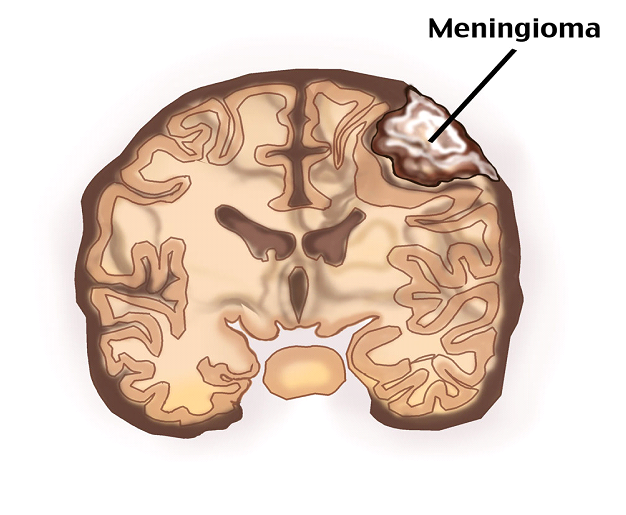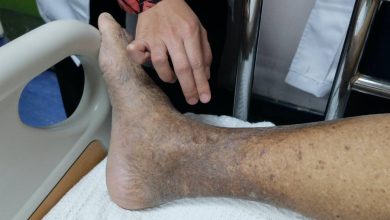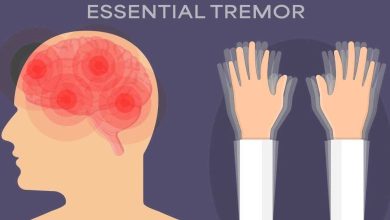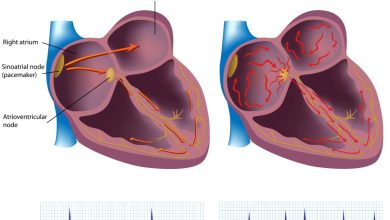Meningioma Symptoms, Causes, Diagnosis and Treatment

What Is Meningioma?
Meningioma is basically a tumor that is formed on the meninges. Meninges are three-layered membranes that protect the brain and the spinal cord and Meningioma can either be benign, malign or atypical. Fortunately, around 90% of the victims suffer from benign Meningioma which has a slow growth rate. Since the symptoms of benign Meningioma are visible after a long time, immediate treatment is not required. However, malign Meningioma is also rarely reported and this could be fatal as it is cancerous. The growth of malign tumor is so fast that it can even reach the lungs. When Meningioma is neither benign nor malign, it is considered atypical.
What Are The Symptoms Of Meningioma?
Whether a person is suffering from benign or malign Meningioma, the following symptoms are likely to occur:
- Blur vision.
- Loss of memory.
- Hearing loss.
- Arm or leg weakness.
- Severe headache.
- Problems in speech.
- Seizures.
The only difference is that the symptoms evolve gradually if it is benign but suddenly in a malign tumor. If the victim faces, say, immediate hearing loss, it is highly recommended to consult a doctor because this could be an indication of a malign Meningioma which grows very fast.
What Causes Meningioma?
Meningioma is usually found in older women but men are also likely to suffer from this while it is very rare in children. Although the actual reason of why Meningioma occurs is not known but a few theories suggest that this could occur due to:
- Radiations.
- Environmental factors.
- Genetic disorders such as Neurofibromatosis type 2.
What Are The Complications Of Meningioma?
Meningioma and its treatment may lead to certain long lasting complications including:
- Concentration problems.
- Memory loss.
- Change in personality.
- Seizures.
Although the complications are not very rare, victims can hope for a cure as doctors have successfully treated these complications.
How Is Meningioma Diagnosed?
When medical experts ask for some information from the victims, they first look for some symptoms and then may carry out one or both of these scans:
- Computerized tomography, also known as CT, scan.
- Magnetic resonance imaging or the MRI scan.
These scans help doctors know whether Meningioma exist or not and if it does then it makes clear where exactly is it formed.
How Is Meningioma Treated?
If doctors feel that the tumor is not growing, they might simply ask victims to use drugs as no treatment is required. However, if the tumor is growing then medical experts may choose any of the following ways for treatment, depending on the type of Meningioma:
- Surgery.
- Radiation therapy.
- Radiosurgery.
- Fractionated radiation.
If, after any of these surgeries or therapies, the tumor is not completely cured or complications evolve, doctors may prescribe certain medicines along with the following activities:
- Music therapy.
- Massage.
- Hypnosis.
- Relaxation exercises.
These activities tend to eliminate the stress of suffering from Meningioma that gives a rise to complications. Researches have shown that several Meningioma victims suffer from complications majorly due to the stress of tumor.
By : Natural Health News




